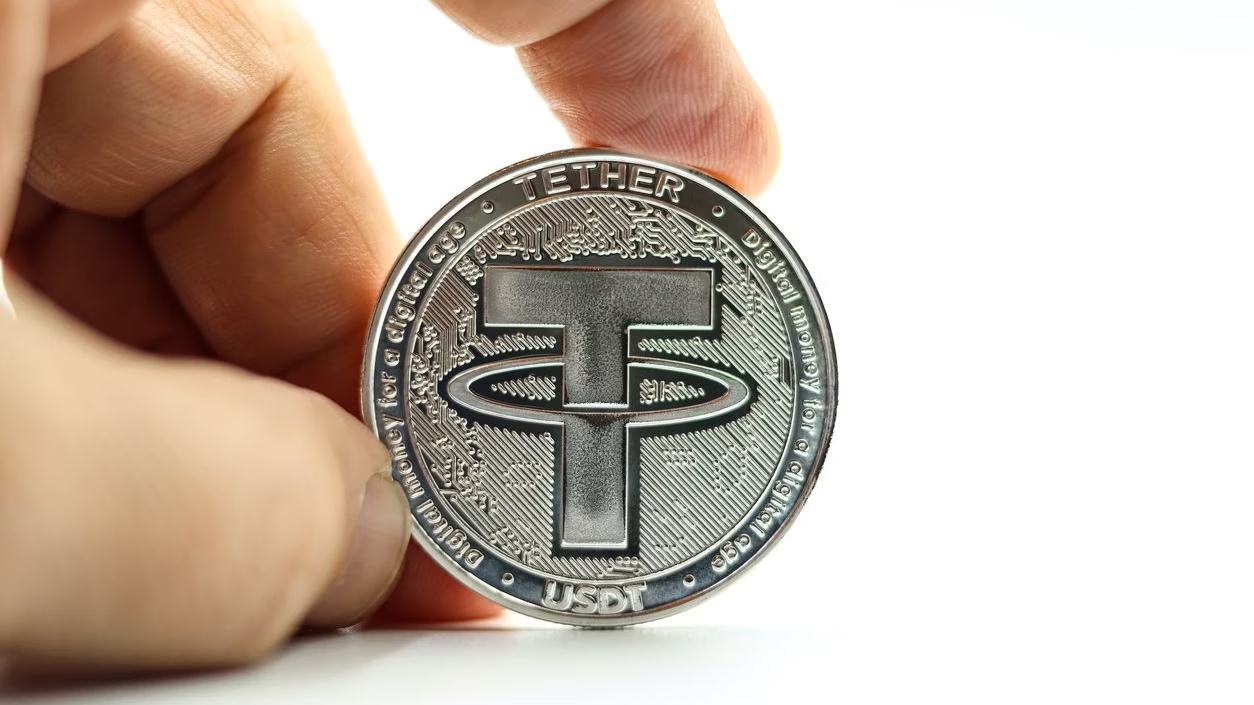Could Online Casinos Be the Next to Embrace Stablecoins?
Nov 03, 2025, 7:26pm
The online casino world has never been shy about innovation. It was one of the first industries to turn static websites into full entertainment platforms, one of the earliest to perfect mobile gaming, and one of the boldest to bring live dealers into digital spaces. Yet one major shift still sits just out of reach and it’s the move toward stablecoins.
Cryptocurrencies such as Bitcoin and Ethereum have already brushed against the gambling space, but their volatility keeps them at the edges. Stablecoins, on the other hand — digital currencies pegged to traditional assets like the US dollar or euro and promise the same speed and freedom as crypto, but without the roller-coaster prices. For casino games operators and players alike, it’s no longer a question of if they’ll arrive, but when.
Why Stablecoins Fit the Casino Model
In online gaming, some of the experience is based on fast money withdrawals and payouts. And let’s be honest, sometimes trusting a bank isn’t the fastest way. Stablecoins could simplify everything. They maintain a fixed value while working on blockchain rails, meaning transfers are near-instant, secure, and available across borders. A player could win at a live blackjack table and see their payout appear in their wallet before the next hand begins. It’s a kind of financial flow that matches the speed of the game itself.
The Tools Already Exist
Technically, the industry could make the switch quickly. Blockchains such as Ethereum already handle stablecoin transactions with low fees and lightning speed. The only thing that stands in the way is regulation. Since online casinos operate under strict regional laws, adding crypto to the mix complicates that further. Some countries treat digital assets as investments; others view them as currencies or even securities. Until gaming authorities and banking regulators draw clearer lines, major operators will hold back.
Global platforms like Betway, which run under multiple licenses, can’t afford uncertainty. They’ll wait for stablecoins to gain formal recognition before making any large-scale move. But once that happens, adoption could spread through the industry in weeks, not years.
What Players Could Expect
If casinos adopted stablecoins, the change would be immediate. Withdrawals would arrive in seconds rather than days. Currency conversions would disappear. A player in Kenya and another in Finland could join the same poker table using the same digital token, with no middlemen in between. Bonuses would evolve too. Instead of region-specific promotions, casinos could issue stablecoin rewards that hold equal value everywhere.
The Risks Still Loom
Not all stablecoins are created equal. Some issuers face ongoing questions about transparency and the security of their reserves. Any collapse or legal challenge could ripple straight through a casino’s payment system. There’s also the compliance issue. The rules around the world usually dictate that online casinos must verify users and track transactions to prevent fraud or money laundering. That commitment to regulation often conflicts with crypto’s preference for anonymity. Trying to balance privacy with those regulations will probably remain the biggest challenge to move on.
The Road Ahead
The most likely scenario is gradual adoption. Casinos won’t abandon existing systems; they’ll start by adding stablecoins alongside traditional payment methods. A few pilot markets, limited currencies, and carefully licensed digital wallets will test the waters. But once one major brand proves the model works and the rest will follow quickly. Stablecoins already power everything from trading to remittances; online gaming is simply waiting its turn. When that moment arrives, the casino world will feel different.





